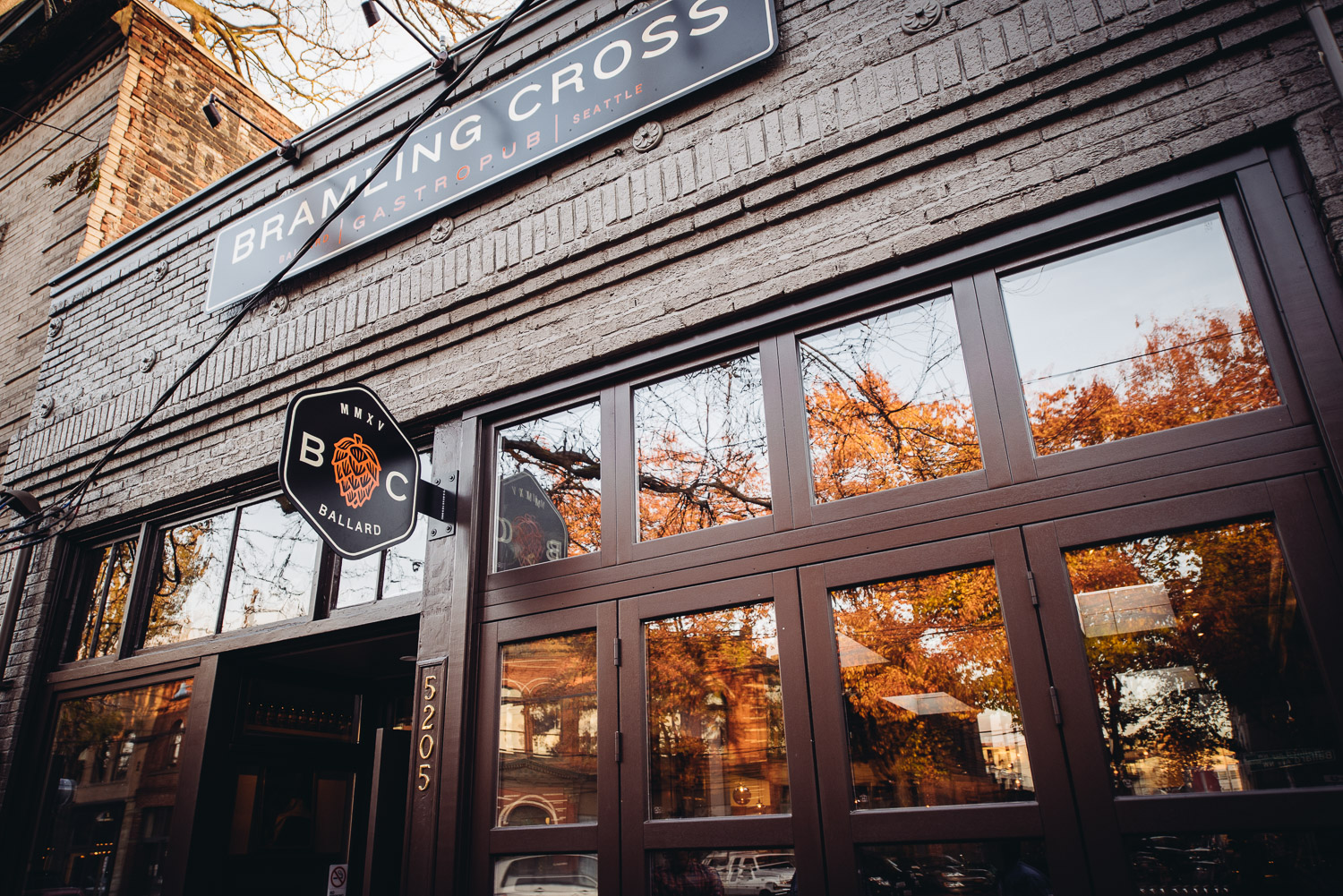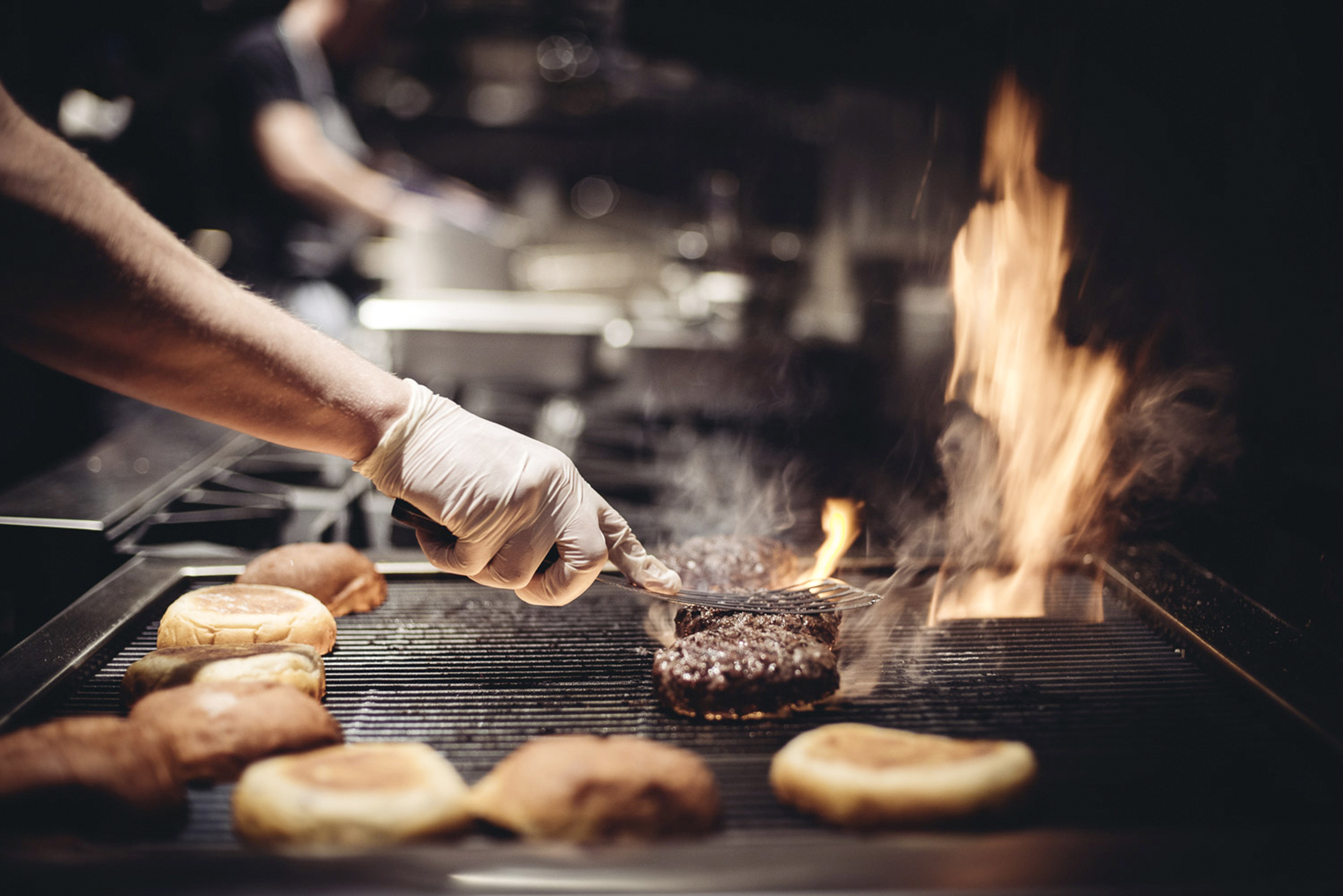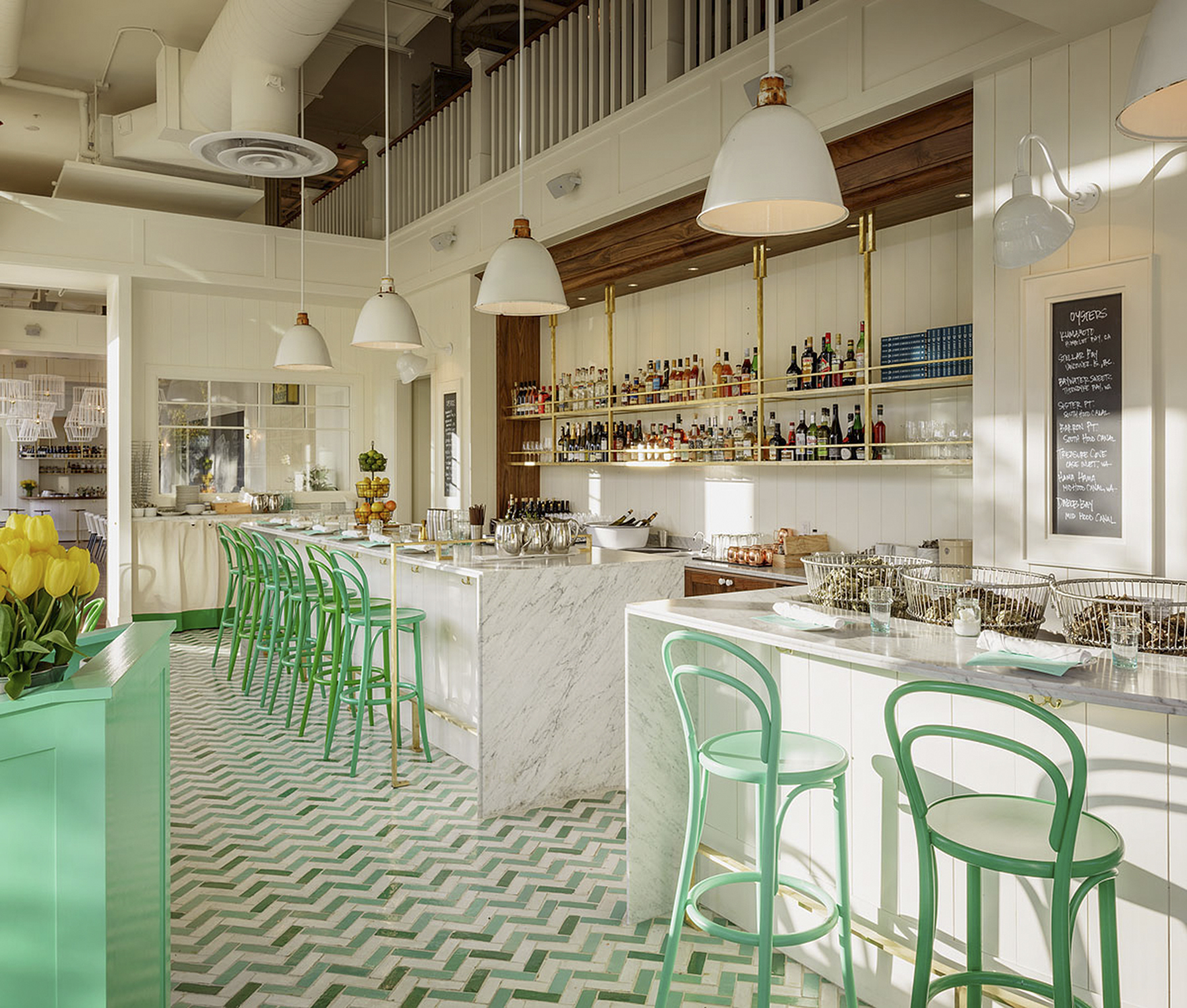In this new era of cookbooks, storytelling is nearly, if not more, important than the recipes. Depending on your proclivity, that’s either a great thing or an annoyance. While I love a “hardworking” cookbook—i.e., one in which the recipes are fail-safe and speak to the home cook—I’m also a sucker for beautiful photography and good stories.
In both respects, renowned Seattle chef and restaurateur Renee Erickson’s new A Boat, a Whale & a Walrus (Sasquatch Books) succeeds. It handsomely sheds light not only on her restaurants, but on the Pacific Northwest. Laid out in one of my favorite cookbook formats—by seasonal menus—it celebrates events in her own life, like “My Birthday.” Many are unique to our region, such as a “Lummi Island Spot Prawn Dinner.” I also love the “Methods” section, which underscores her entire cooking philosophy, incorporating everything from why she likes charring food and toasting spices to how to choose olive oil and eat food at room temperature (“I dare you,” she says of the latter).
Mussels in Cider with Dijon, Crème Fraîche, and Tarragon. Photo by Jim Henkens
Between meals, Erickson talks career, starting with the Boat Street Cafe in the U District to her collection of four nationally lauded restaurants: a relocated Boat Street Cafe, The Walrus and the Carpenter, The Whale Wins, and Barnacle Bar. And wedged between recipes for delectables like herring butter toasts and strawberry jam tart are profiles of her culinary family, like the herring fisherman, the butcher, and the beekeeper she uses, among others.
We also find delightful details throughout, such as how the giant Chinese umbrellas hanging at Boat Street were actually used by Curtis Steiner (Ballard proprietor of the eponymously named jewelry, furniture, and card shop) for a party he threw there. Known for his whimsical esthetic, Erickson designed her “Holiday Party” menu (standing rib roast with horseradish cream and Boat Street pudding) for a fete at his home. In her “Wintry Brunch” menu she describes learning to make Boat Street’s cream scones, really just a vehicle to serve excellent jam. We also discover that her pickled watermelon was born because she doesn’t like the flesh of that fruit and felt it’d be better served this way. It’s that kind of refreshing honesty—and a willingness to adapt while operating within a predominantly French genre—that has defined her career, and that permeates this book.
nsprinkle@seattleweekly.com








